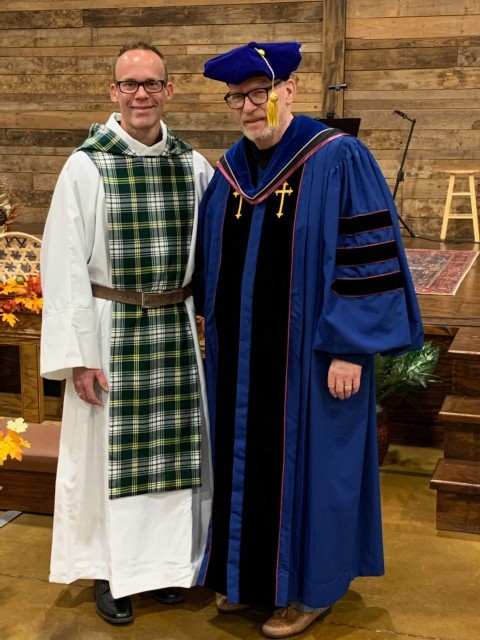Methodists in Oklahoma form lay monastic order

For some, the term monasticism may bring up images of chanting monks or helpful nuns. For Matt Scraper, monasticism is an important part of his life and faith as an elder in the Oklahoma Conference of the United Methodist Church. Scraper leads the Order of St. Patrick, an order for clergy and lay contemplatives.
“The fact that we’re not a political caucus within the church is one reason I think we’ve been able to develop some meaningful relationships within the church,” Scraper said. “We’re just trying to create space for people who have a shared calling to live out that calling together, separately.”
The Order of St. Patrick launched in 2015, with an emphasis on secularly cloistered life—a phrase that essentially means living in the world in families, not in a monastery.




